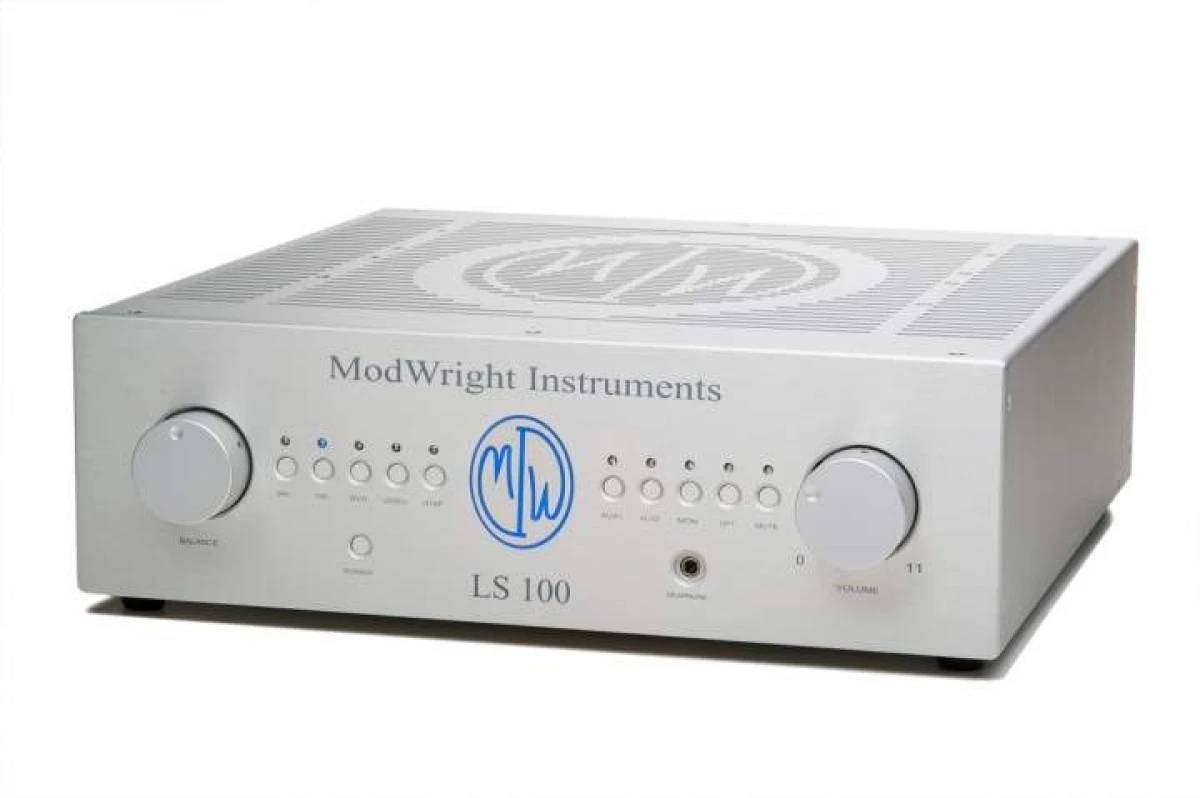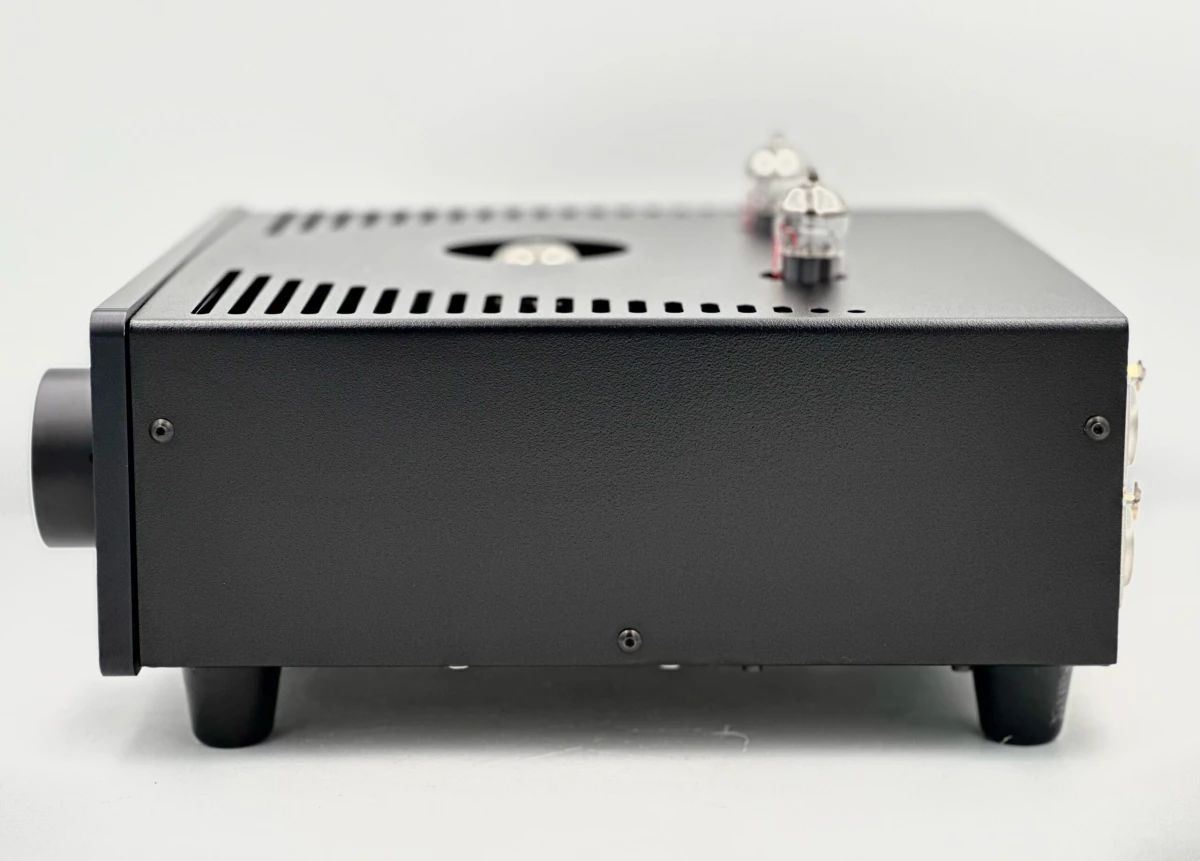Preamplifiers — ModWright Instruments LS300
Description, images, technical data and specifications
ModWright Instruments LS300
Image source — © ModWright Instruments
What is it?
Ask AI to scan specialized sites and forums, evaluate the impressions of using the product, its advantages and disadvantages and get a summary.
Specifications
Model name
LS300
Analog inputs (balanced)
2
Analog inputs (single-ended)
3
Analog outputs (balanced)
2
Analog outputs (single-ended)
2
Gain (dBu)
11
Input sensitivity (mV)
N/A
Output voltage (V)
N/A
Input impedance (balanced) (Ω)
20 000
Input impedance (single-ended) (Ω)
20 000
Output impedance (balanced) (Ω)
100
Output impedance (single-ended) (Ω)
100
Maximum output level (balanced) (dBu)
N/A
Maximum output level (single-ended) (dBu)
N/A
Volume control range (dBu)
N/A
Frequency response low +/- 3dB (Hz)
20
Frequency response high +/- 3dB (Hz)
100 000
Signal to Noise Ratio (SNR, unweighted) (dB)
115
Total Harmonic Distortion + Noise (THD+N) (%)
<0.03
Dimensions (mm)
431.8 × 114.3 × 317.5
Weight (kg)
13.6 + 7.71 (Supplu Power)
Official link
More components

Preamplifiers
ModWright Instruments LS 100
If we talk about the functionality of the ModWright Instruments LS 100, then it is quite expected from a device of this class – nothing superfluous and no settings. All the functionality is configured exclusively for the various switching capabilities of the preamplifier. Both RCA and XLR connectors are available to the owner of the device, but despite the presence of the latter, the LS 100 preamp is not symmetrical, but only allows you to connect symmetrical sources to it (if they do not have RCA output connectors).

Preamplifiers
ModWright Instruments LS 99
The LS 99 uses the same topology of transformer-coupled inputs and outputs, a tube rectifier, and SS stabilized power supplies with (2) 6922 driver lamps. The power supply is external, but not dual mono, like the LS 300.


